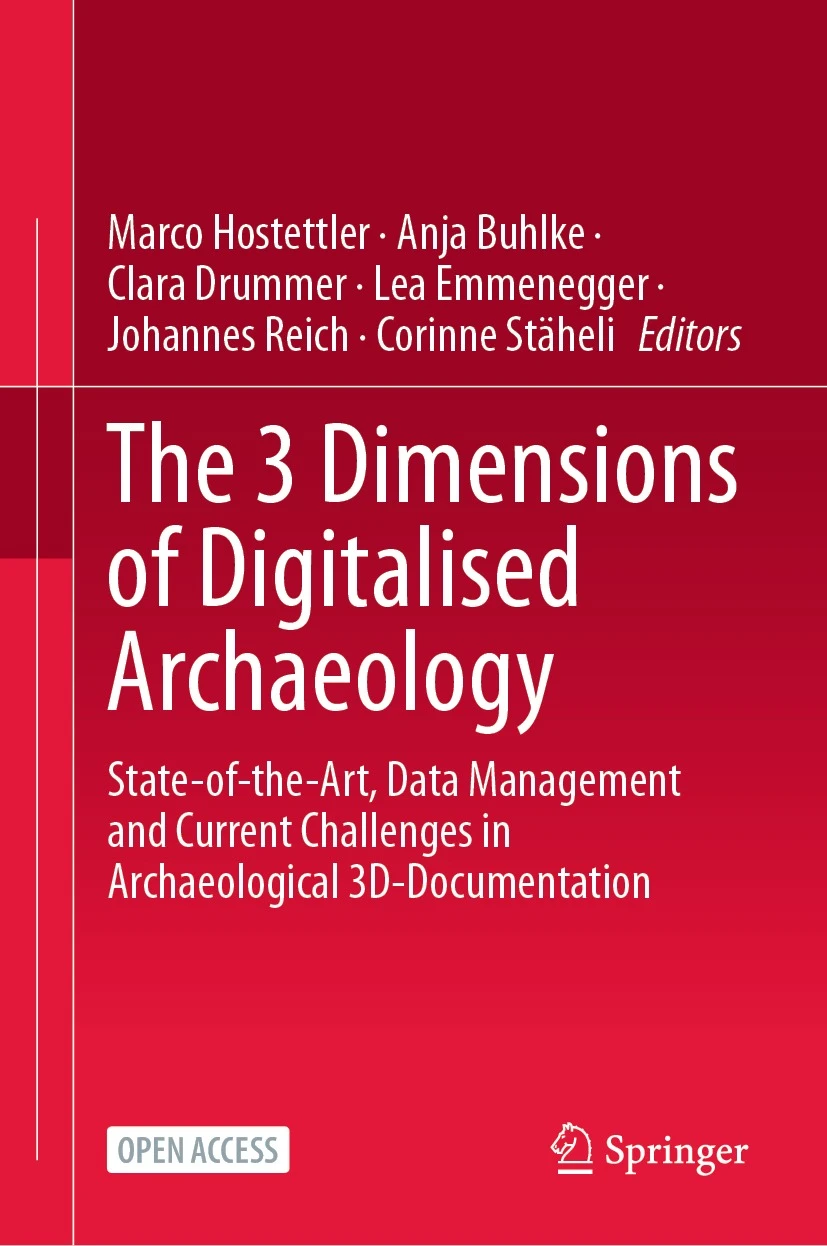In der letzten Zeit sind u.a. diese frei verfügbaren Titel erschienen:
Digital Humanities Pedagogy: Practices, Principles and Politics
Brett D. Hirsch (Hrsg.)
https://doi.org/10.11647/OBP.0024
Academic institutions are starting to recognize the growing public interest in digital humanities research, and there is an increasing demand from students for formal training in its methods. Despite the pressure on practitioners to develop innovative courses, scholarship in this area has tended to focus on research methods, theories and results rather than critical pedagogy and the actual practice of teaching.
The essays in this collection offer a timely intervention in digital humanities scholarship, bringing together established and emerging scholars from a variety of humanities disciplines across the world. The first section offers views on the practical realities of teaching digital humanities at undergraduate and graduate levels, presenting case studies and snapshots of the authors’ experiences alongside models for future courses and reflections on pedagogical successes and failures. The next section proposes strategies for teaching foundational digital humanities methods across a variety of scholarly disciplines, and the book concludes with wider debates about the place of digital humanities in the academy, from the field’s cultural assumptions and social obligations to its political visions.
Digital Humanities Pedagogy broadens the ways in which both scholars and practitioners can think about this emerging discipline, ensuring its ongoing development, vitality and long-term sustainability.
Intelligent Computing for Cultural Heritage: Global Achievements and China’s Innovations
Xiaoguang Wang, Marcia Lei Zeng, Jin Gao, Ke Zhao (Hrsg.)
https://doi.org/10.4324/9781032707211
This book offers a global perspective on the latest advancements and trends in digital humanities and intelligent computing of cultural heritage, covering both academic research and case studies within cultural institutions.
This edited volume brings together views and practices from different regions, including Asia, Europe, Africa, North America, and Australia. It offers innovative approaches and case studies related to humanities data and digital methods, with a focus on digital humanities research and pedagogy and cultural heritage organisation and preservation, in particular the development of digital knowledge repositories and methods for digital intelligence in cultural heritage. Each case study highlights unique cultural characteristics and academic histories, resulting in diverse development priorities and thematic directions. However, this diversity can also lead to imbalances and isolation within the field. To gain a better understanding of the complex trends in the development of the digital humanities, this book offers valuable insights from case studies and research practices, showcasing global contributions from scholars and institutions.
This title will appeal to scholars and students of digital humanities and information science, particularly those studying heritage management and intelligent computing. Professionals working at the intersection of technology and cultural heritage will also find this book of great interest.
The 3 Dimensions of Digitalised Archaeology
Marco Hostettler, Anja Buhlke, Clara Drummer, Lea Emmenegger, Johannes Reich, Corinne Stäheli (Hrsg.)
https://doi.org/10.1007/978–3‑031–53032‑6
This open access book aims to provide an overview of state-of-the-art approaches to 3D documentation from a practical perspective and formulate the most important areas for future developments. Bringing together a wide range of case studies, examples of best practice approaches, workflows, and first attempts to establish sustainable solutions to pressing problems, this book offers readers current practical advice on how to approach 3D archaeology and cultural heritage.
Divided into five parts, this book begins with an overview of 3D archaeology in its present state. It goes on to give insights into the development of the technology and recent cutting-edge applications. The next section identifies current challenges in 3D archaeology and then presents approaches and solutions for data management of a large number of 3D objects and ways to ensure sustainable solutions for the archiving of the produced data. This book will be of interest to researchers working in the fields of archaeology, heritage management, and digital humanities in general.



